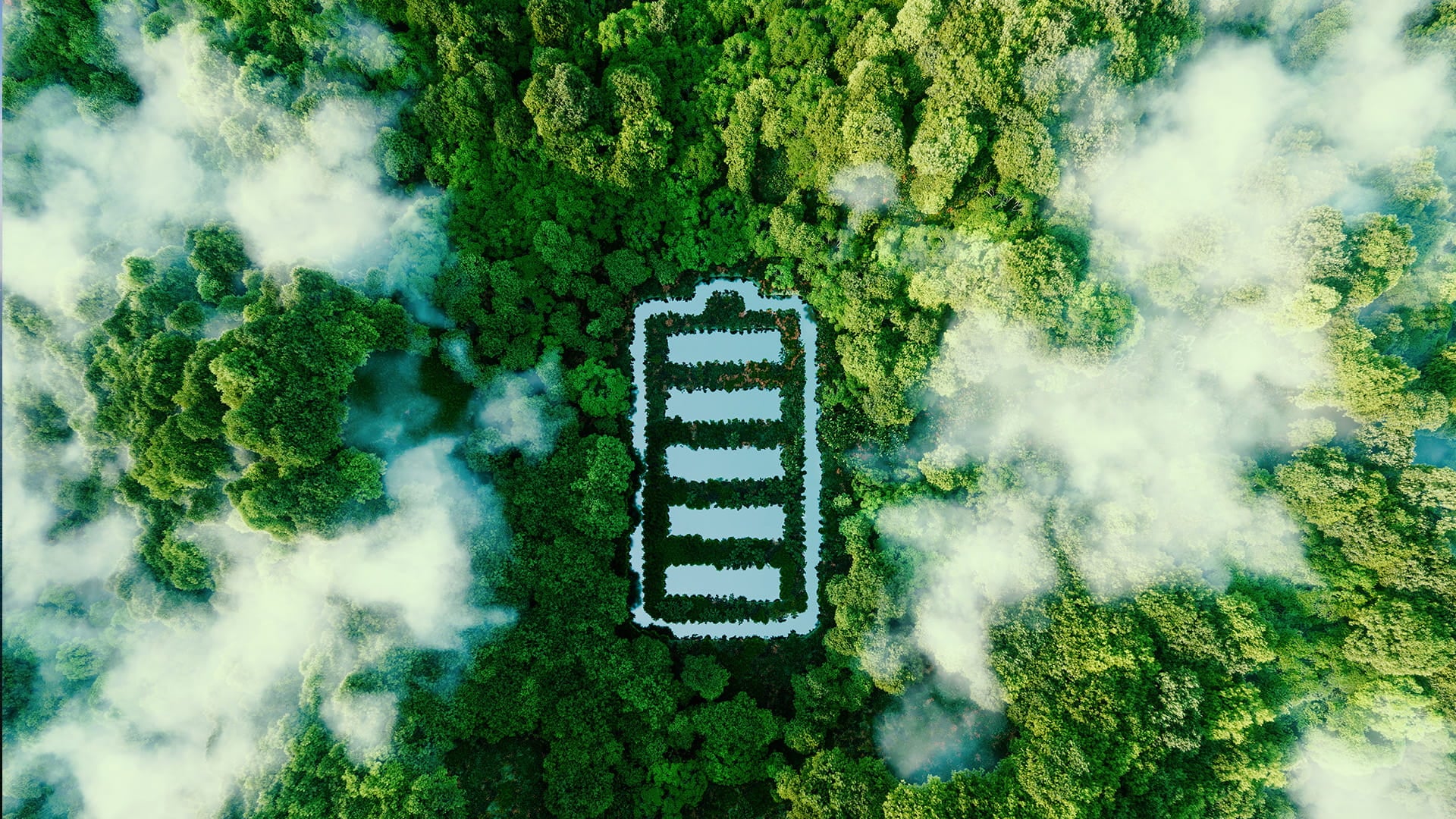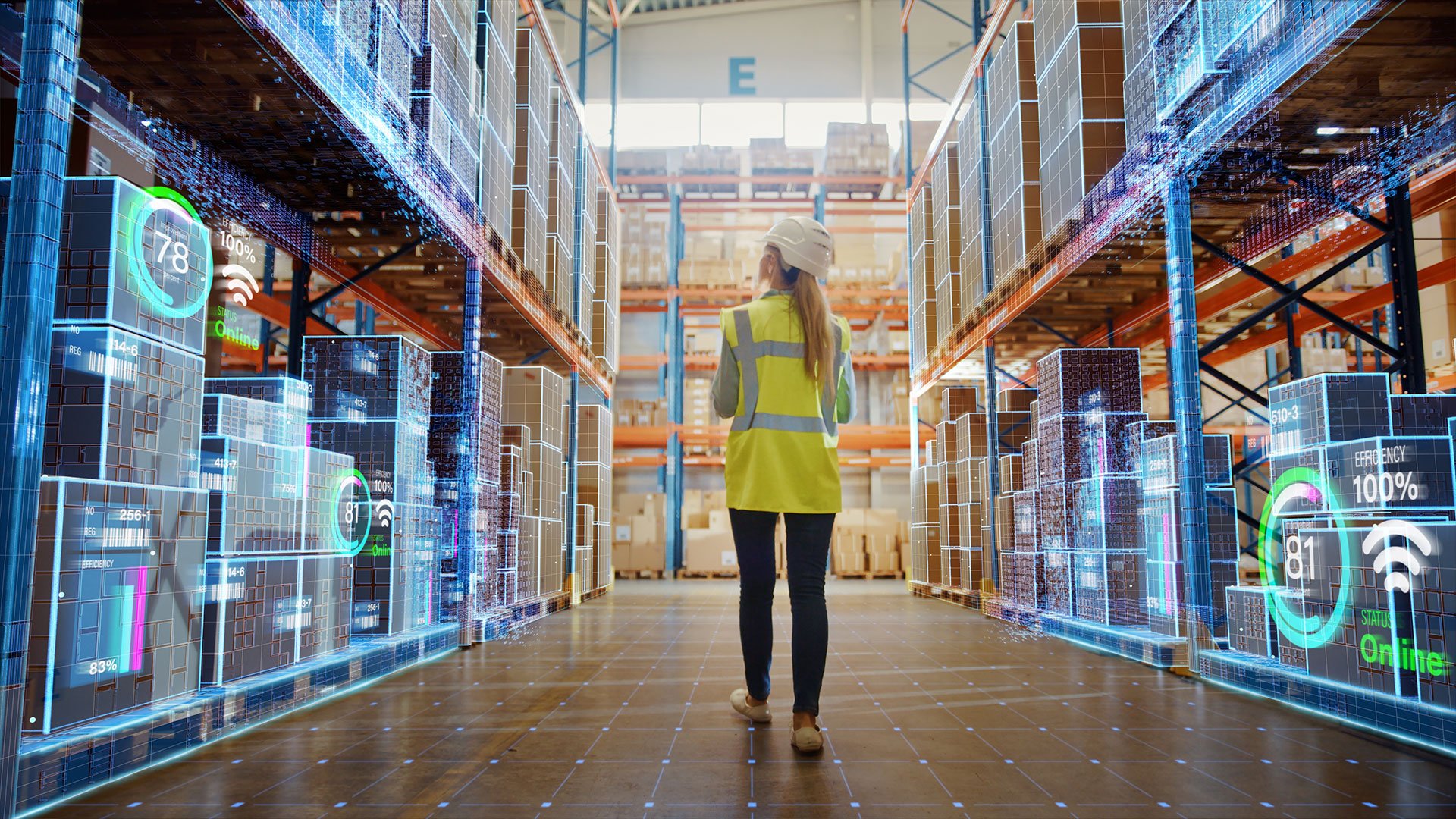The complexities and opportunities of energy storage
Combating climate change and achieving sustainability goals, the energy transition underscores the importance of creating a match between supply and demand in the energy sector. Read our blog to learn more about energy storage as a vital component in balancing this equation.

We recently had the honour of talking to Bastian Knoors, our consultant on energy transition. Drawing from his profound insights, we've crafted this piece to highlight the importance of creating a match between supply and demand in the energy sector. While essential for combating climate change and achieving sustainability goals, the transition underscores the significance of storage as a vital component in balancing this equation.
The energy storage challenge
Central to the energy transition is the concept of energy storage. Traditional fossil fuels, such as coal, oil, and natural gas, are known for their high energy density and effortless storage. On the other hand, renewable sources like wind and solar power intermittently produce energy, relying on specific conditions. This highlights the crucial role of robust energy storage solutions in ensuring a steady supply of renewables. Moreover, as we delve deeper into energy storage, we must consider the environmental implications of these solutions. The ongoing discourse in the industry is centred on developing energy storage facilities that are both effective and sustainable.
The energy transition challenge involves aligning intermittent renewable sources with consistent fossil fuels through effective energy storage while considering environmental sustainability.
Embracing a diverse spectrum of energy storage solutions
Beyond just batteries, energy storage encompasses a range of solutions, including hydropower. Our years of global experience in managing the environmental impacts of hydropower dams have set the stage for a shift towards renewable energy. Maintaining a stable energy supply becomes challenging as we increasingly rely on renewables. Traditional power plants provide grid stability, but the growing prominence of renewables calls for innovative strategies.Overcoming economic challenges
The financial implications of introducing energy storage technologies are significant. A primary concern is the current grid tariff structure, which doesn't adequately support energy storage. Addressing this requires a thorough reassessment of grid tariffs and a deeper understanding of the role of location in energy storage, particularly to enable the huge ambitions for offshore wind energy. As we envision the future, it's clear that the energy storage landscape will be diverse, necessitating a comprehensive understanding of the entire energy system.Policy frameworks must be redesigned to provide clearer pathways for integration, incentivising innovation, and investment in storage infrastructure.
The transformative impact of digitalisation
In the realm of energy storage, digitalisation stands out as a game-changer. Advanced monitoring systems enable real-time data analysis, enhancing energy management. This technological edge allows operators to anticipate maintenance needs, prevent failures, and boost system efficiency. However, the journey isn't without its challenges, such as energy loss during storage. Research is ongoing to develop more efficient conversion methods and ensure scalability.Regulations and policies
The effectiveness of energy storage technologies is deeply intertwined with robust regulatory frameworks. Globally, governments are recognising the crucial role of energy storage in fortifying their national grids, especially as the shift towards renewable energy sources intensifies. Storage solutions are vital in urban centres where energy demands constantly fluctuate.However, their impact extends beyond city limits. In remote regions, energy storage technologies, especially microgrids harnessing solar and wind energy, are revolutionising power supply, ensuring consistent access even in isolated areas. As the world prioritises sustainability, clear and supportive regulations are paramount, both to integrate current storage solutions and to encourage future innovations in the sector.
Societal implications of energy transition
The transition to renewable energy and the integration of storage technologies is reshaping societies on multiple fronts. As we move away from traditional energy sources, there's a surge in new employment opportunities spanning from research and development to manufacturing and maintenance of renewable technologies.Decentralised energy systems, empowered by these advancements, are granting communities greater autonomy over their energy production and consumption, fostering a sense of ownership and reducing dependencies on larger power grids. This transformative shift underscores the importance of cohesive collaboration. Industries, academic research institutions, and governments must unite their expertise and resources to ensure that the evolution of energy storage solutions is sustainable, efficient, and beneficial for all members of society.
A balanced approach prioritising inclusivity, sustainability, and innovation will be essential in navigating these transformative changes and ensuring a prosperous and equitable energy future for all.
Haskoning’s commitment to energy storage
At Haskoning, our dedication to a cleaner, carbon-free future is evident in our innovative solutions and support. We understand the nuances of the energy transition and approach them with a sustainable and inventive mindset. Together, we aim to shape a carbon-neutral future, emphasising the power of collective efforts in fostering positive environmental change.Get in touch
Are you passionate about creating a sustainable and resilient future? We're committed to enhancing society through innovative and collaborative solutions. Reach out to Haskoning today, and let's embark on a transformative journey together, addressing the world's most pressing challenges.Achieving Net Zero industries
To support industries become emission-free by 2050 we developed a 9-step decarbonisation journey to net zero.



